Rival militias mobilize in Libya’s capital amid tensions over delayed election
The postponement of Libya’s presidential election has created a new power vacuum, triggering security concerns across the country.
Media reports said on Wednesday that rival armed groups had mobilized in Tripoli over the past few hours, closing roads in the south of the capital, with schools phoning parents to pick up their children.
Images posted online showed a tank and pickup trucks mounted with machine guns in Fornaj district. Schools and the University of Tripoli was also closed as a precaution.
The United Nations' Libya mission UNSMIL voiced concern over the armed deployments, warning such mobilization "creates tensions and increases the risk of clashes that could spiral into conflict." In a statement, it called for the resolution of any disagreements through dialogue, "particularly at this stage when the country is navigating through a difficult and complex electoral process that should usher in a peaceful transition."
The latest string of security incidents comes after the parliament announced earlier in the day that the election, planned for Friday, would not go ahead. It did not set a new date. A parliamentary committee tasked with overseeing Libya’s electoral process said it had become “impossible” to hold the vote in two days as scheduled.
Candidates involved in Libya are now discussing the length of a delay, and whether to replace the interim government or form a breakaway administration.
The renegade military commander Khalifa Haftar and the former Interior Minister Fathi Bashagha from Misrata are aligned against the interim prime minister, Abdul Hamid Dbeibah, who is a rival candidate.
Libya is facing return to chaos as very controversial figures such as Saif al-Islam Gaddafi and Haftar seek presidential run. The interim government and the election process were created under a UN-backed roadmap to end the turmoil after a ceasefire between the eastern and western camps last year.
Many are now concerned that a looming political vacuum will lead to renewed violence and economic chaos in the North African country.
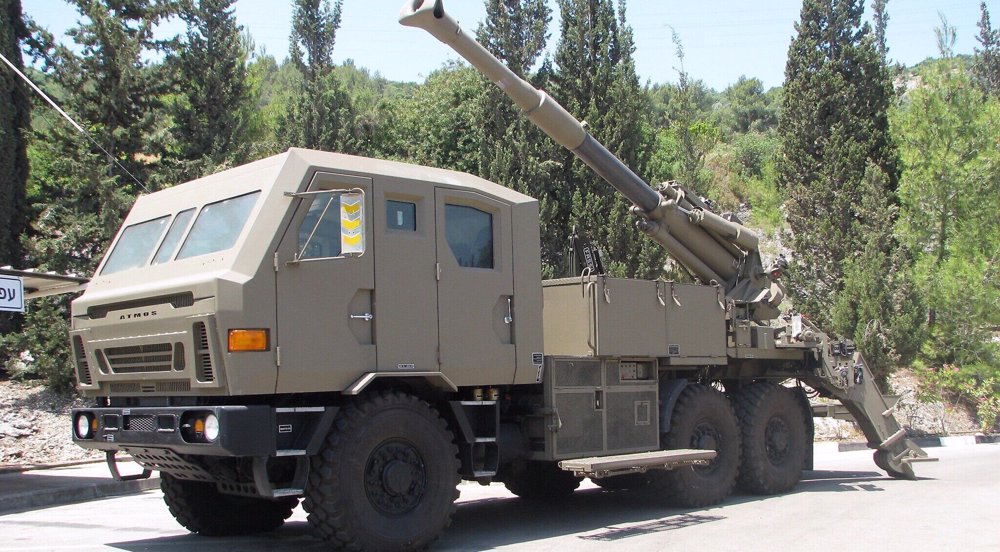
Morocco signs deal with notorious Israel’s Elbit to buy ‘battle-tested’ arms: Report

Protests in Morocco as US-flagged ship carrying arms to Tel Aviv docks at Tangier

Tunisia votes with Saied set for re-election
Netanyahu: Israel won't allow Hayat Tahrir al-Sham forces in southern Syria
Hezbollah leaders’ historic funeral showed resistance strength: Islamic Jihad
Iran reports surge in air traffic as Austrian, Lufthansa resume flights
VIDEO | South Africans set to lobby government to isolate Israel
IRGC chief: Nasrallah decisive figure in regional equations with global dimensions
VIDEO | Press TV's News Headlines
Netanyahu's son 'exiled abroad for hitting his father': Knesset member
Iran money supply up 28.4% y/y in late January: CBI


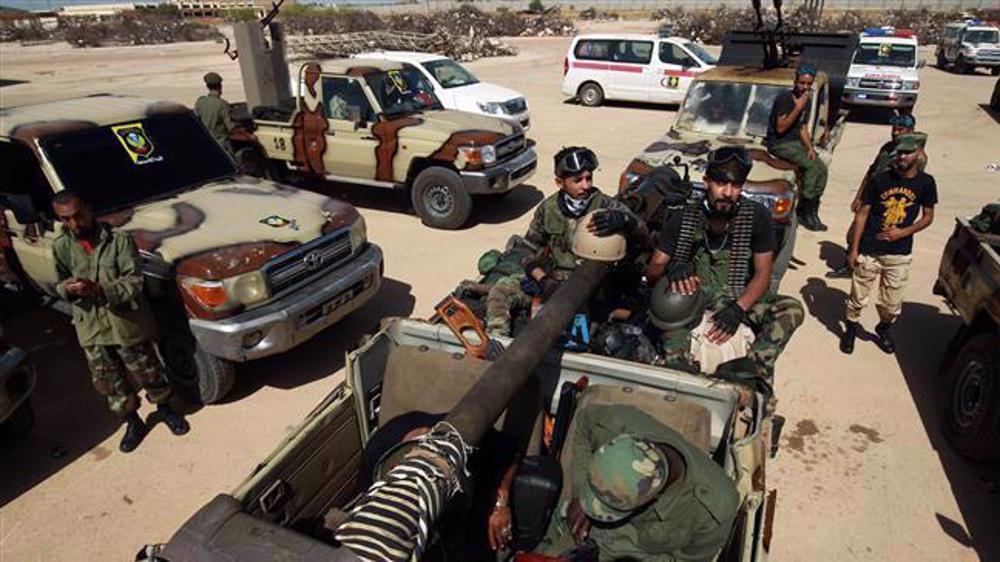
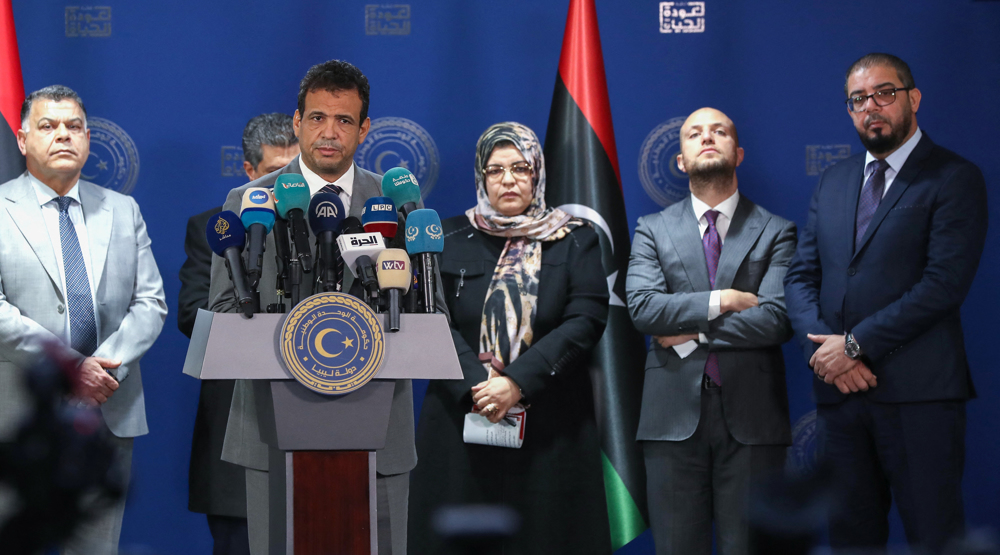



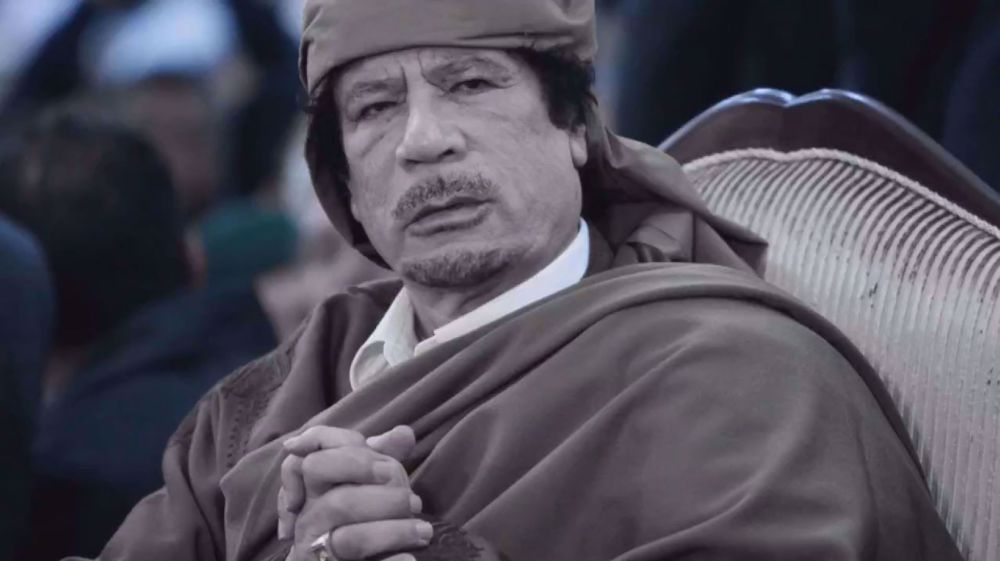
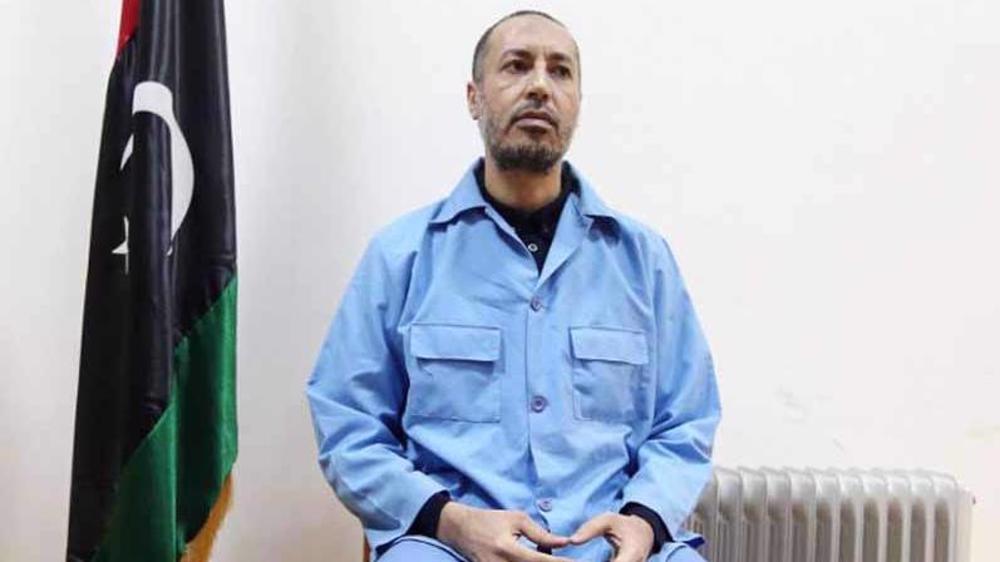
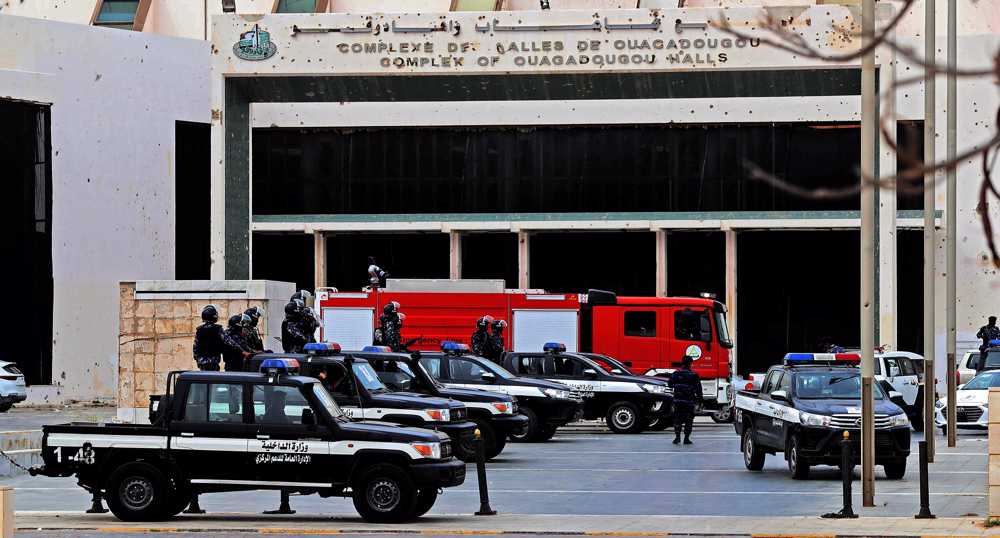
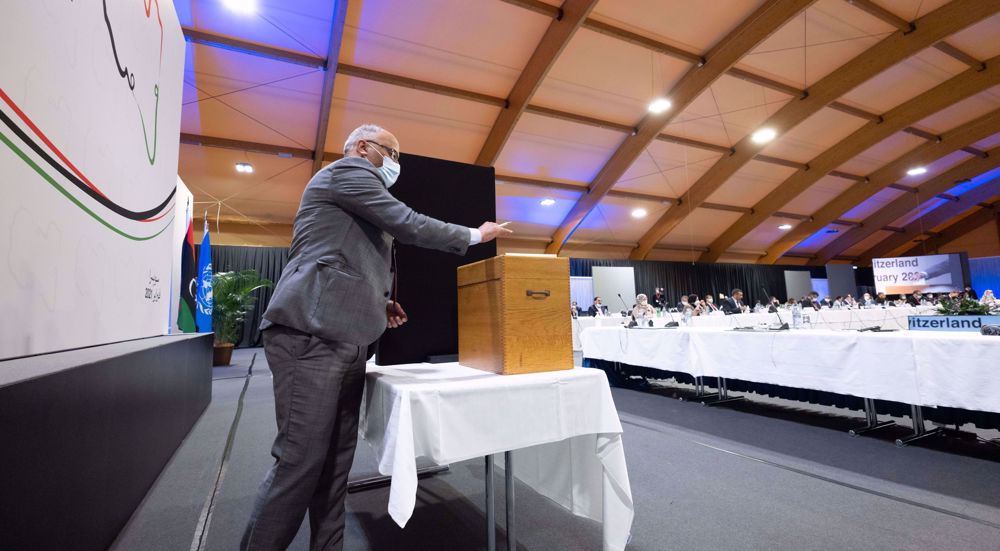
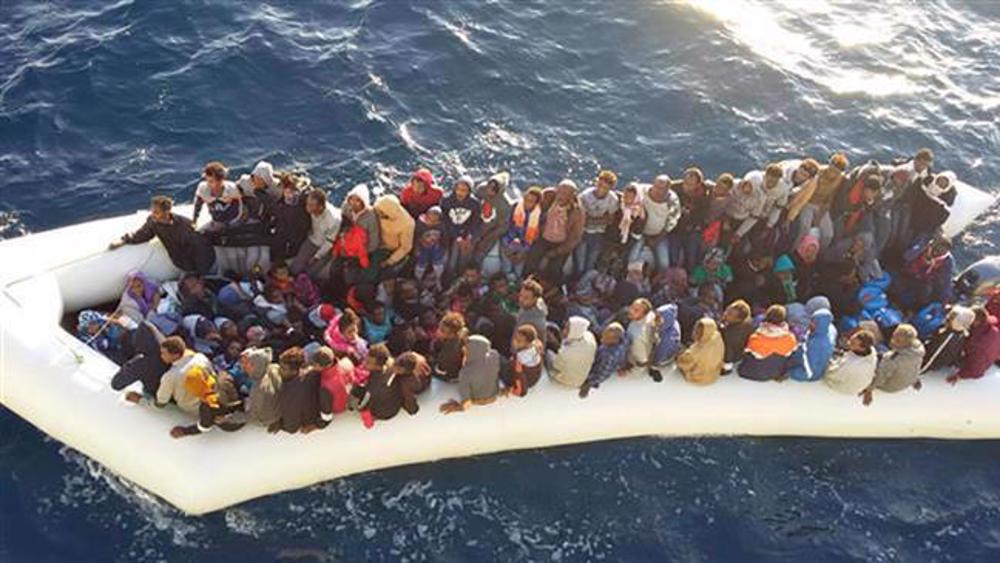
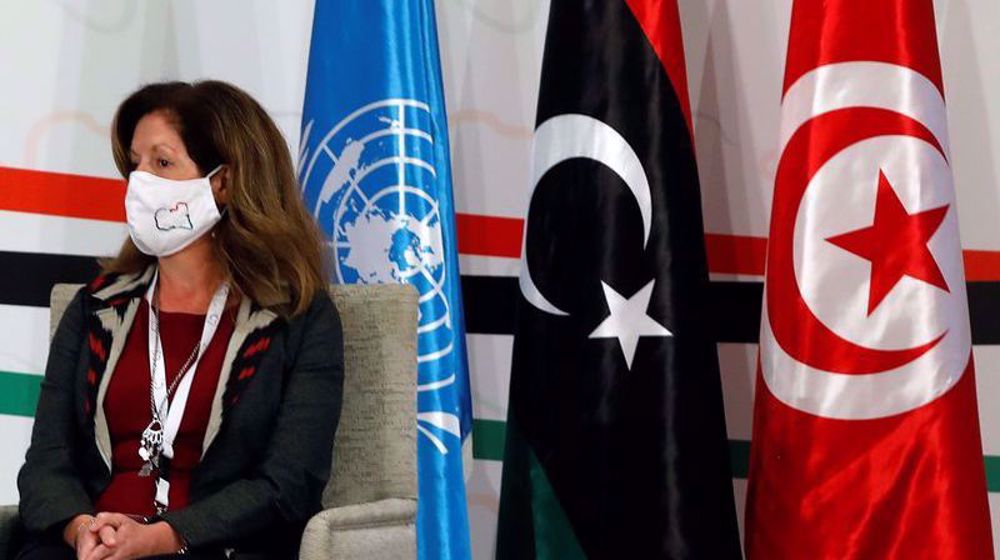

 This makes it easy to access the Press TV website
This makes it easy to access the Press TV website